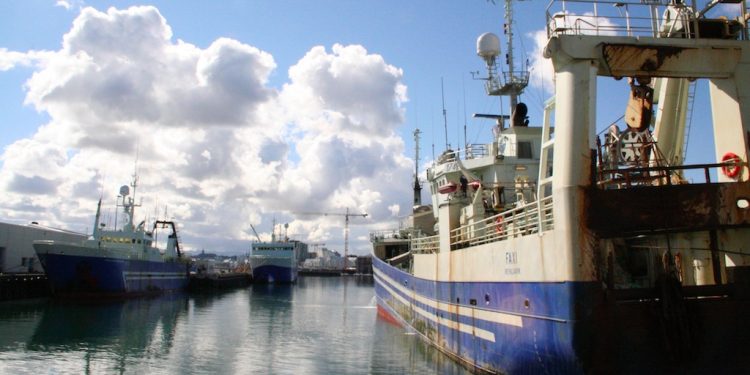Iceland’s Minister of Food, Agriculture and Fisheries, Svandís Svavarsdóttir, has appointed an extensive set of working groups to analyse and report on the challenges facing fisheries, and the opportunities, as well as the benefits to the nation of the current fisheries management system.
There’s nothing new about the groundswell of dissatisfaction among Iceland’s general public over the way the country’s fisheries are managed, notably with the flow of fishing rights going in one direction as quotas have over the last few decades migrated into increasingly fewer hands.

‘There’s a deep feeling of injustice among the general public. I believe that this is down to the aggregation of fishing rights, and to the feeling that the benefits from this common asset are not divided fairly,’ Svandís Svavarsdóttir said.
‘The aim of the work being done on this is to achieve economic and sustainable exploitation of marine resources that are in tune with both nature and society. The potential outcome of this work would be, among other things, new overarching legislation relating to management of fisheries or new legislation concerning marine resources and other changes in legislation relating to green energy, innovation, marine research, transparency and mapping ownership networks in the seafood industry.’
According a Ministry statement, taking into account the experiences of attempts to tackle this question under previous administrations over past decades, the decision has been taken to approach the issue from a different direction.
Instead of a single politically slanted committee appointed to report back, four working groups have been appointed, with a range of experience and expertise among those appointed to the four groups, with the intention of carrying out a transparent, multi-skilled study capable of carrying out its work during the term of the current government. The study is expected to continue to the end of 2023.









